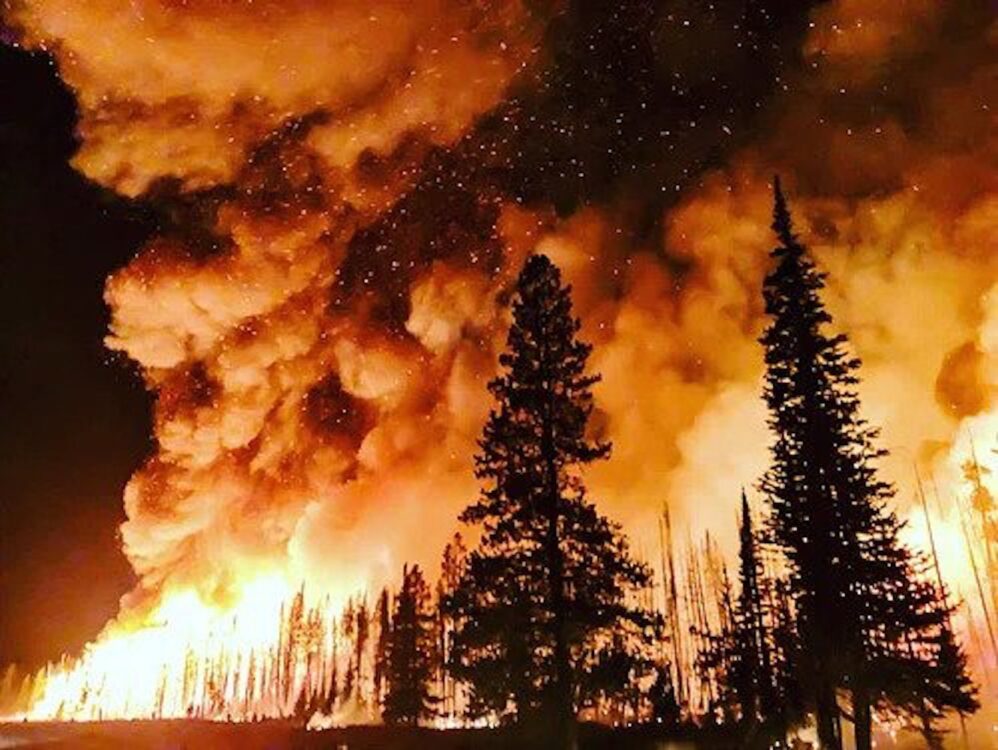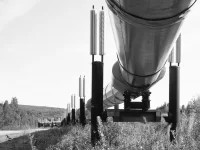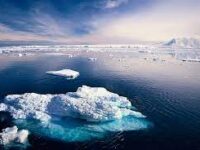In the year and a half since the Russia-Ukraine War began, there have been an estimated 500,000 casualties between the two sides. Ukraine has also experienced infrastructural damage totaling hundreds of billions of dollars. Yet these aren’t the only significant and tragic losses the region has suffered — the conflict has had a grave and dire impact on the environment.
Ukraine’s dense forests and vast grassland are a hub for biodiversity. While Ukraine makes up just 6% of the continent’s land area, it hosts 35% of Europe’s biodiversity. Since Russia’s invasion in February of 2022, over 600 animal species and 750 plant species have been affected.
The nation’s forests have been severely impacted, with more than 1,000 individual fires ravaging through them and emitting over 33 billion tons of carbon dioxide. In a land that is already predisposed to wildfires because of its agriculture-intensive land use and particularly flammable pine trees, forest fires are even further exacerbated by artillery and rocket launches. Coniferous forests, which pose the highest fire risk, cover 43% of the total area in Ukraine, with pine stands, primarily found in the northern regions, making up 35% of this coverage.
“While Ukraine makes up just 6% of the continent’s land area, it hosts 35% of Europe’s biodiversity.”
The Black Sea Biosphere Reserve, in particular, has suffered significant damage as a result of the conflict. The reserve consists of forest, desert, and a salt marsh and is home to 3,500 different species, including 2,200 species of insects, 304 species of birds, and 65 species of vertebrates. Migratory birds traveling through the reserve are threatened by loud explosive noises, which disorient them and can force them to spontaneously change their migration patterns without landing. It has ultimately led to extreme exhaustion and death for many of the 120,000 birds that spend their winter at the Black Sea reserve.
Just off the coast of the reserve, marine animals in the Black Sea have also suffered significant consequences. Ivan Rusev, a Ukrainian marine biologist, has estimated that more than 50,000 cetaceans — including porpoises, common dolphins, and common bottlenose dolphins — have perished. According to Rusev, the deaths are a result of Russia’s use of mines and sonar, which emits high-decibel noise that damages the acoustic systems of these cetaceans. Since cetaceans rely heavily on their sense of hearing, any alterations to their hearing system may significantly affect their ability to perform essential tasks. Additionally, the explosions caused by the battle for Ukraine’s Zmiany Island — which lasted four months — and the missile launching at Odesa’s sea trade port have created severe disruptions to the Black Sea.
“Nature knows no borders.”
Other waterways that provide water for agriculture and drinking have been contaminated. Bombings of fuel depots have created chemical spills and runoff that have degraded the water quality and killed off anything living in the waters. Additionally, firefighting chemicals have penetrated the groundwater near cities that have fallen victim to airstrikes.
The devastating ecological consequences of war can be observed all across the globe. Historically, armed conflicts have created natural resource over-exploitation, land degradation, and air pollution emissions, which can cause major disruptions to the biodiversity of ecosystems worldwide. In 2021, the United Nations General Assembly, in an attempt to encourage transboundary cooperation, summed up the issue with a powerful statement: “Nature knows no borders.”






